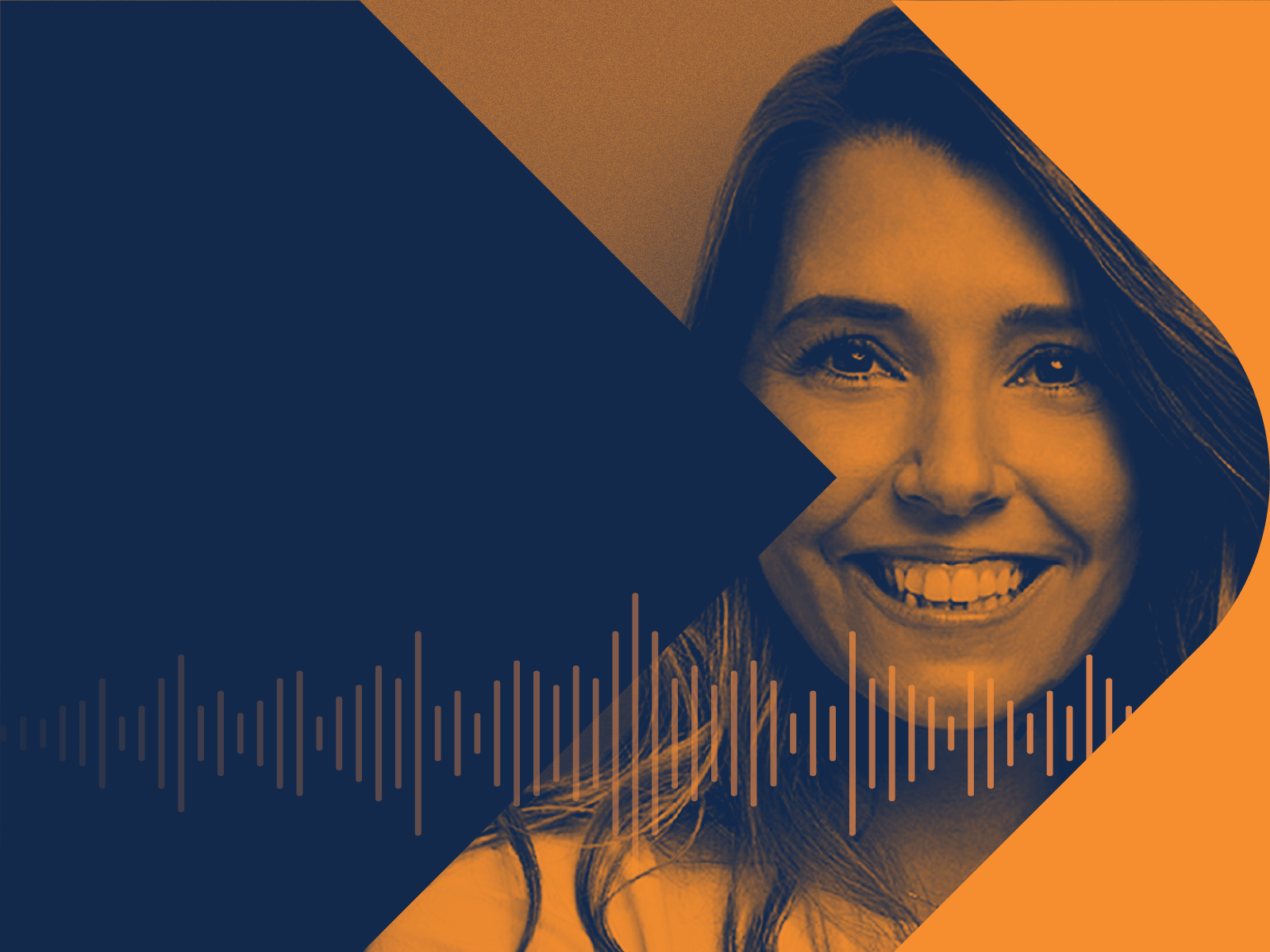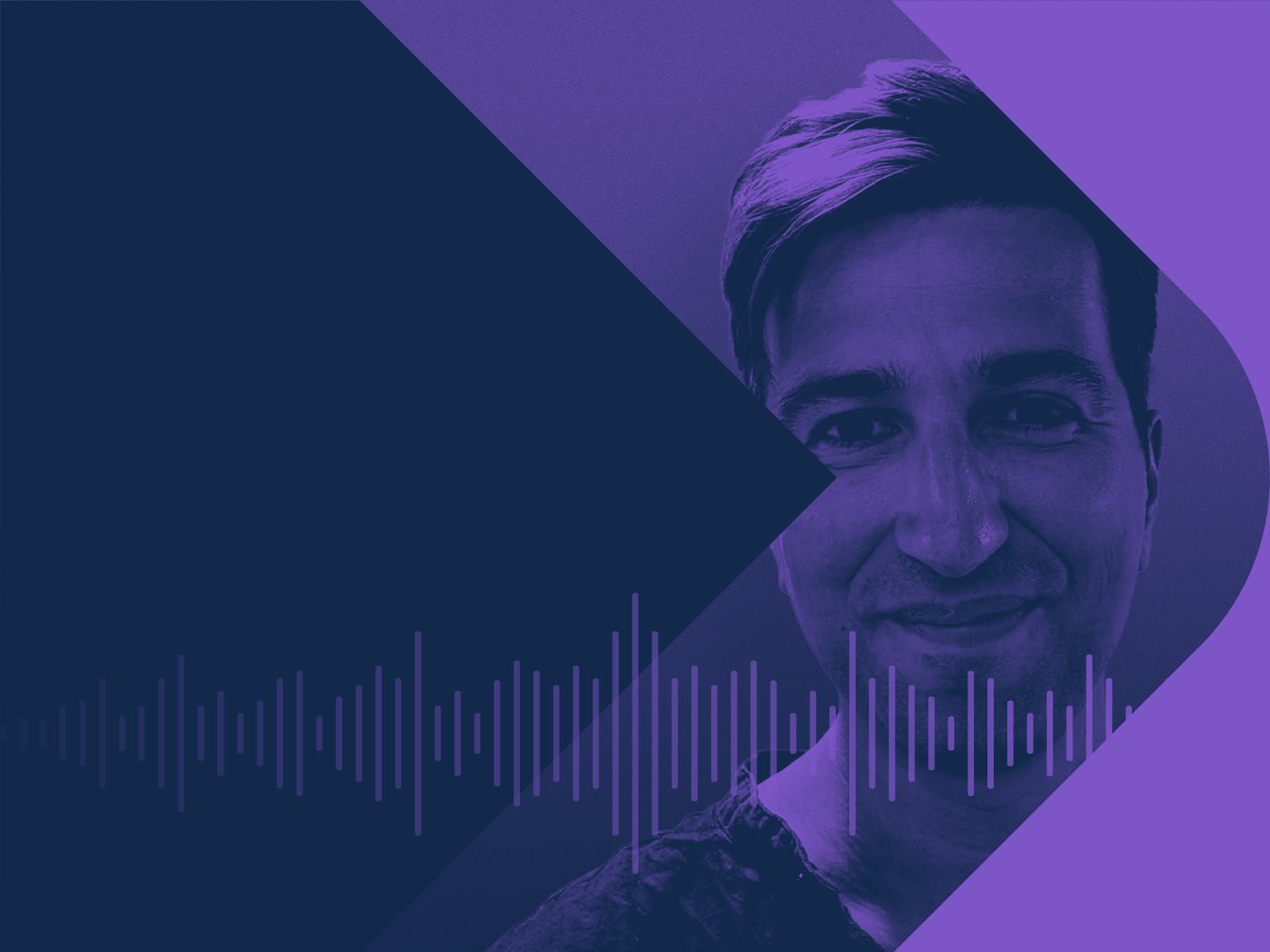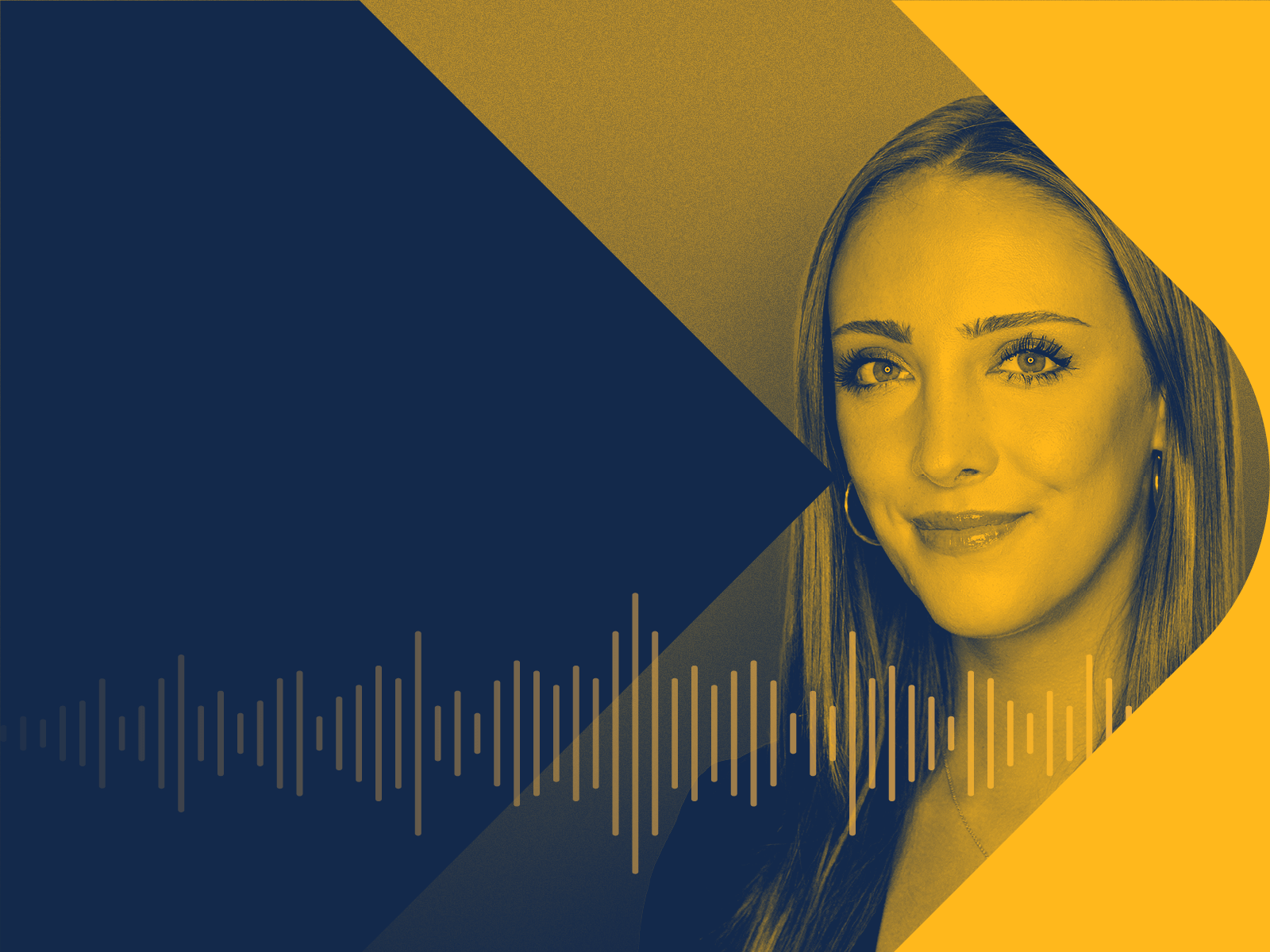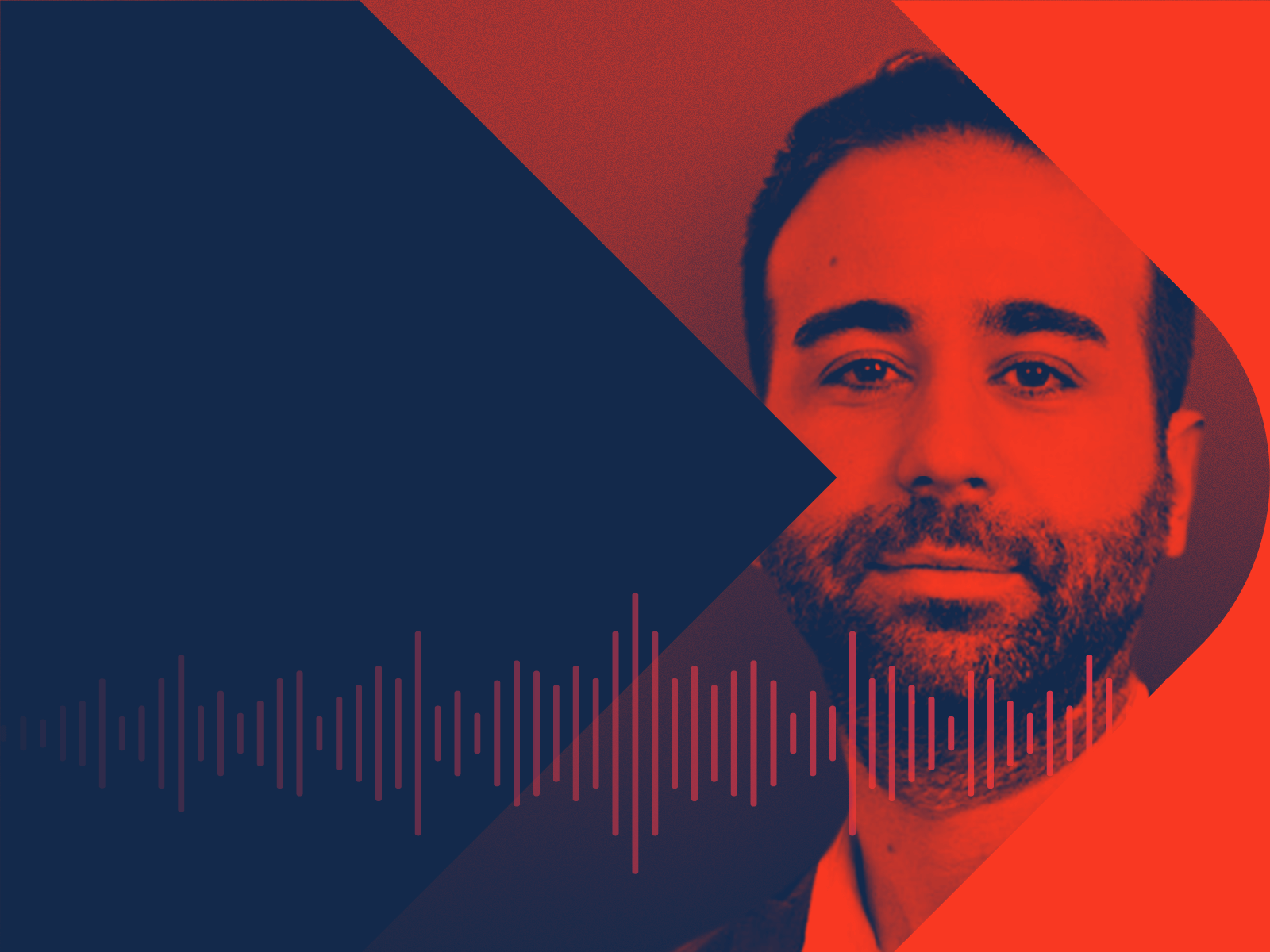“Generational impact”
Born out of a recurring conversation with friends from the advertising and technology industry wanting to find a way to give back, Team Dayā (Dayā meaning kindness in Nepali) was created. Founded in 2018, the charity’s mission is to create generational impact in some of the most impoverished places in the world. For Team Dayā’s Founder, a long-time advertising and technology executive whose career, in his own words, includes ‘two IPOs, one merger and acquisition and one failure so spectacular they wrote a book about it’, the experience has been life-changing.
In the latest episode of our Identity Architects podcast, InfoSum's SVP, Marketing & Communications, Ben Cicchetti, sat down with Jay Sears, Founder of Team Dayā, to discuss Team Dayā’s work, creating generational impact, data privacy, consumer trust, and more.
“The other thing that we kind of fixed on was this idea of let's do something that has the prospect for generational impact. So after a lot of discussion, we said, ‘Hey how about the construction of primary schools in really remote parts of the world that suffer from highways of poverty, high rates of illiteracy.’”
Team Dayā’s incredible work wouldn’t be possible without the generous support of donors. After committing to the idea, fundraising was required to get the project off the ground. While it may have seemed daunting at first, those worries were quickly alleviated.
“I thought the fundraising was just gonna be tough as nails to do, just tough as nails, and we raised the funds for the first school within eight weeks, and that's when the bells started going off in our collective heads, and we said well you know we might have a pony in here. This might actually work out, and this might be more than one school.”
After initial fundraising to bring the project to life, there has been no looking back. Just twelve months after Team Dayā’s founding, the organization completed its first school in Dhayapur, Nepal in October 2019. Fast forward to this year, and the team is on track to build its eighth school.
“In 2024, we will complete school six, seven, and eight, and those schools will be in Nepal, Senegal, and Guatemala and from here we're working on our 2025 schedule and it'll be out this summer. We're expecting three more school projects then and we have this crazy loose band of volunteers. [...] There are over 1000 of them, it's a who's who list of CEOs, founders, executives.”
Everyone worldwide deserves the right to education, and having access to the facilities Team Dayā is building is vitally important in providing that. But the impact extends far beyond just schools and education, having a positive and uplifting effect on the community as a whole.
“We talk about building change because it's so much bigger than building. I would give the example when we went to Senegal in 2022. Students were using two classrooms that were built out of sticks, straw, and cardboard dirt floors. So if it gets windy, there's dust everywhere. If it rains, it's wet in there. All sorts of critters climbing up and in the sticks and the straw. This is not a great conducive environment for learning. [...] So I think when we started, many of us thought about the school as really primary beneficiaries would be the students, but it's really so much bigger and wider than that, Ben. It's the families, it's the whole community that you're lifting up because this structure becomes a center point in the whole community.”
Bringing together communities with a shared goal and mission is a powerful way to deliver the generational impact Jay speaks of, and each project starts with this in mind. Before any building has begun, the local communities welcome Team Dayā and immerse them in local traditions and culture.
“The other story I want to tell is in every community, when we arrive, there's a ceremony welcoming us. [...] But there's also a point where an agreement is signed [...] and all those different entities, including the community members and Team Dayā members, we all stand on the line, and we sign this thing, and it's called the covenant. [...] People in the community line up, and there'd be some people signing their names, but next to the paper is a stamp pad and some people go up, and they take their thumb, and they put it on the stamp pad, and then they put their thumbprint on this piece of paper, and they're doing that because they don't know how to read and write. There are adults that don't know how to read and write, and they live in the community, and the next morning when you're there with that shovel digging out the foundation, that person is standing right next to you digging that same foundation for a school that their child is gonna go to. I mean, I've told this story I don't know how many times, and I always get the chills.”
Switching gears from the amazing work Team Dayā is doing, and given Jay’s vast experience, it was only right we asked for Jay’s opinion on some of the most pressing topics in the advertising industry, including consumer trust, privacy, and transparency.
“One thing that sometimes the industry doesn't think about is we used to spend a lot of time on the whiteboard, explaining the supply chain. [...] And they'd forget about what we would call the edges, meaning the consumer on both sides. The consumer of the advertising, the consumer of the media, and that's a fatal view, I think, if you're not thinking about the edges.”
That’s a fantastic point. Over the past decade, the industry has been focused more on the how rather than the why. Thankfully, the conversation is now focused on the consumer and the creation of customer experiences that delight while prioritizing and respecting data privacy.
“If we're talking about the supply chain, we're really talking about the chain of custody, right? So if you talk to people in financial services, [...] it's how the dollar goes from one place to another and how it transits and how there's trust in that transit. So, think about the chain of custody, you're a custodian. What's a custodian? It's someone who provides guardianship and protection, and I think that's how we need to think about privacy.”
Exactly. When consumers choose to share valuable data, it’s our responsibility to take every step possible to protect it.
“It's not our data. We are simply caretakers.”
Thanks, Jay, for the chat!
To learn more about Team Dayā and how you can get involved, visit supportteamdaya.com.





